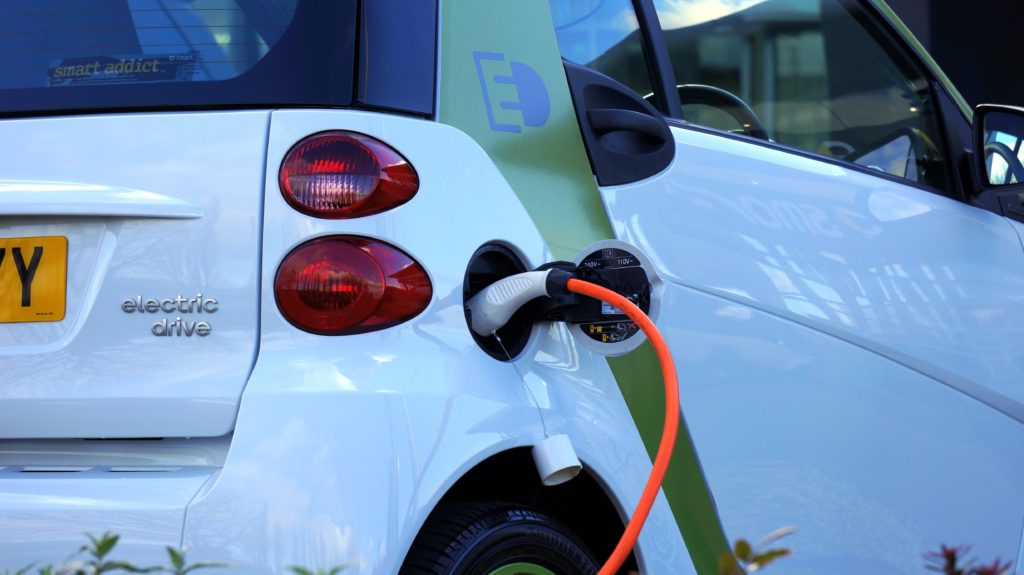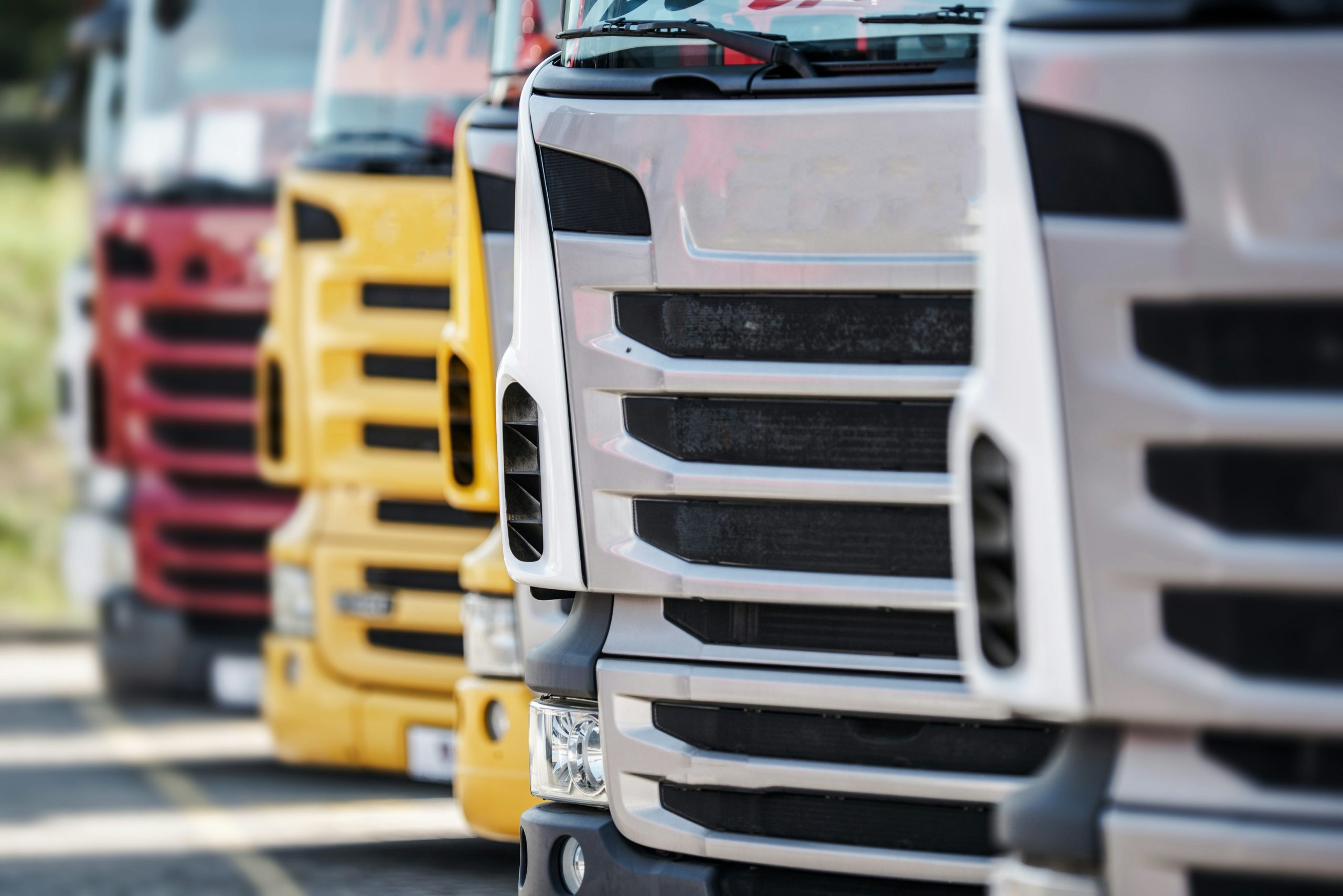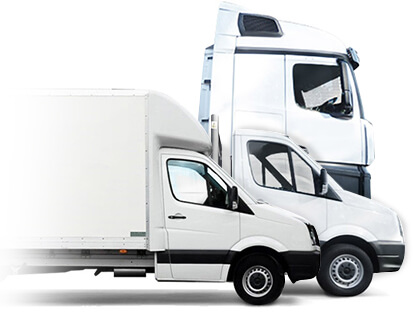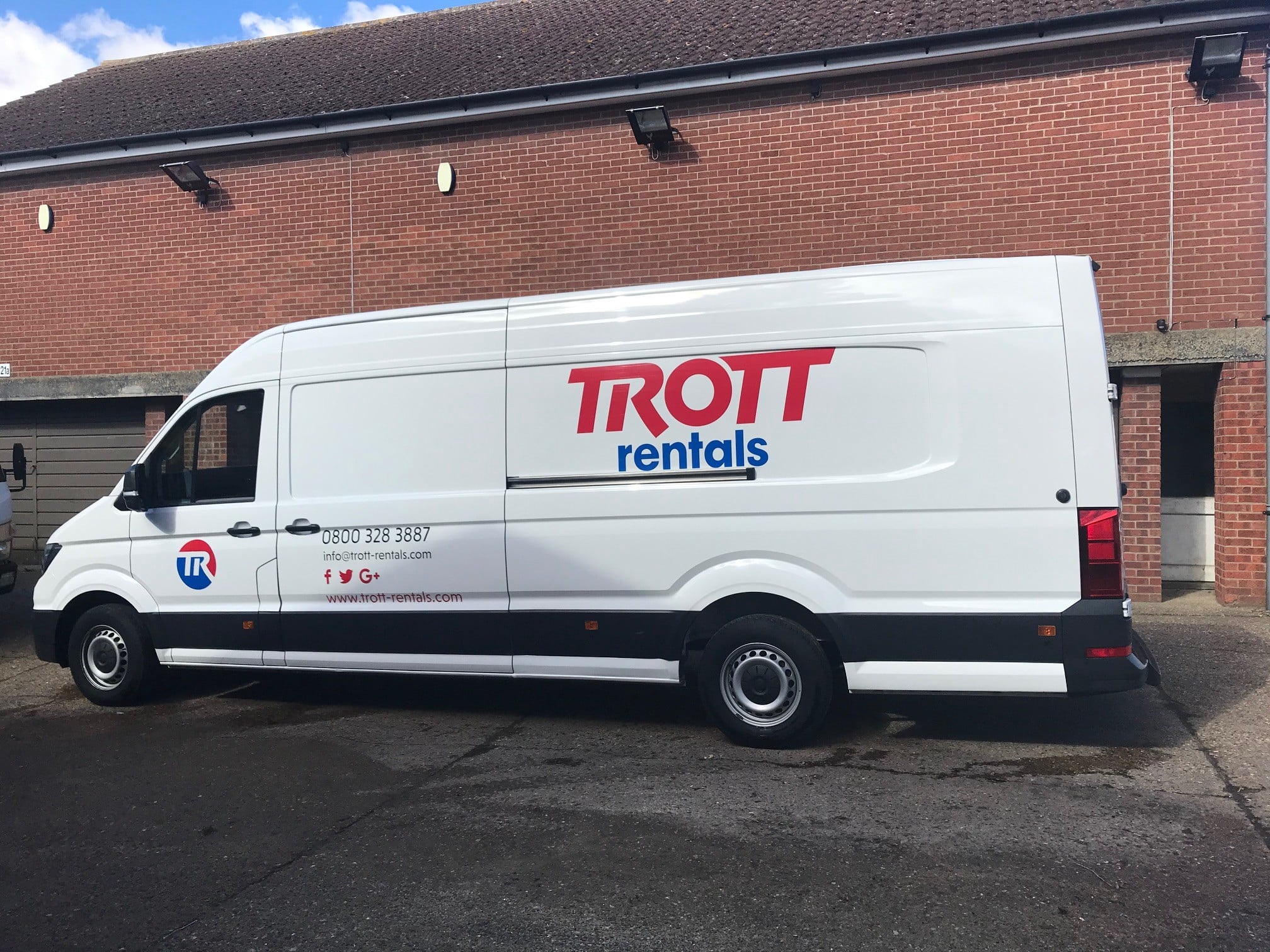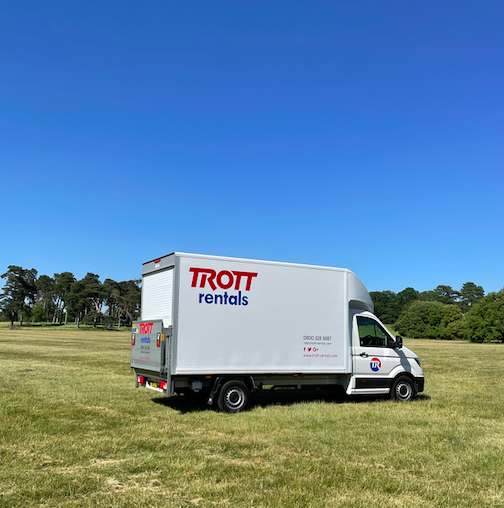
Experts are pushing new Prime Minister to prioritise EV’s in net zero strategy
In the face of the current energy crisis, impending recession and the conservative government’s promises to get the UK to net zero by 2050, leading experts in the UK’s fleet and automotive sectors are calling for more aggression in the strategy to make the nations’ roads all electric. As of yesterday, Liz Truss was appointed the country’s new Prime Minister, and of course, all eyes are on her to prioritise the net zero goal.
In her acceptance speech she stated that Britain could “ride out the storm”, referring to the twin economic and energy crises facing the nation, while also accepting the challenges of “severe global headwinds” she is contending with. But how will she manage to navigate the long list of priority problems that she has now inherited?
Electric vehicles, the road to net zero?
One of the biggest contributing factors to the success of emitting less carbon dioxide is the surge of electric vehicles on our roads in the past few years. Toby Potson, Director of corporate affairs at the BVRLA says that the solution to keeping road transport decarbonisation on track is clear: ‘Keep EV Benefit-in-Kind tax rates as low as possible for as long as possible.” Businesses that are able to use fleets of electric vehicles have so far been supported by attractive financial and tax incentives. Potson’s worry is that post April 2025, the uncertainty of unit rates will put the brakes on companies and individuals ordering in electric vehicles and will slow down the momentum that has been built so far in terms of lowering emissions on UK roads.
The volatility in the economy in this current political landscape is making financial decisions difficult for business owners, especially when it comes to considering moving over to an electric fleet of vehicles. Many of us can see the benefits of using electric vehicles, but the logistics are tricky and are still not realistically feasible or financially viable for a lot of businesses, so keeping the tax incentives in place and supporting people in making that transition is imperative.
Meryem Brassington, at electrification propositions lead at Lex Autolease shares her insights. She said it is ‘vital that policymakers continue to support the transition to an electric future and give drivers and businesses the confidence to make the switch to a zero-emission vehicle.’’ (Fleetworld)
Increasing interest from companies to reduce fleet emissions
There is an increasing interest from companies to invest in lower emissions vehicles in general, but a lot of businesses that operate fleets use vans and other larger commercial vehicles. Neil McCrossan is Northgate Vehicle Hire’s sales and marketing director, he shares a particularly valid point.
“If a van covers a few hundred miles a day on deliveries, they are likely to have to charge their van at least once whilst on the road. Planning and investing in an electric charging infrastructure that can accommodate LCVs, not just cars, should be a priority as without it the onboarding of electric vans by fleets will slow down even further” (Fleetworld)
Will Truss come through for more electric vehicles?
Whilst she has pledged to keep to the net zero target of 2050, will she prioritise it? The target might be legally binding, but with all the other major issues going on at the moment, will it get neglected? Her now appointed Business Secretary, Jacob Rees-Mog, is notorious for ignoring issues regarding climate change and he will be going forward orchestrating the policies surrounding energy and climate policy. With the heat rising on these issues, and with more pressure from experts in the sector, politicians will hopefully accelerate their efforts to reach the net zero target.
At Trott Rentals, we are always keeping our ears to the ground when it comes to electric solutions. We are amongst those companies that aspire to reduce our carbon footprint, and would comfortably make the transition to electric vans and commercial hire vehicles if the options we had were viable, the infrastructure was solid and our decisions were supported financially by the government. As it stands, switching to electric vehicles would not logistically suit our business and the needs of our customers, but we hope that one day, it will be a feasible option.
Other Sources:
